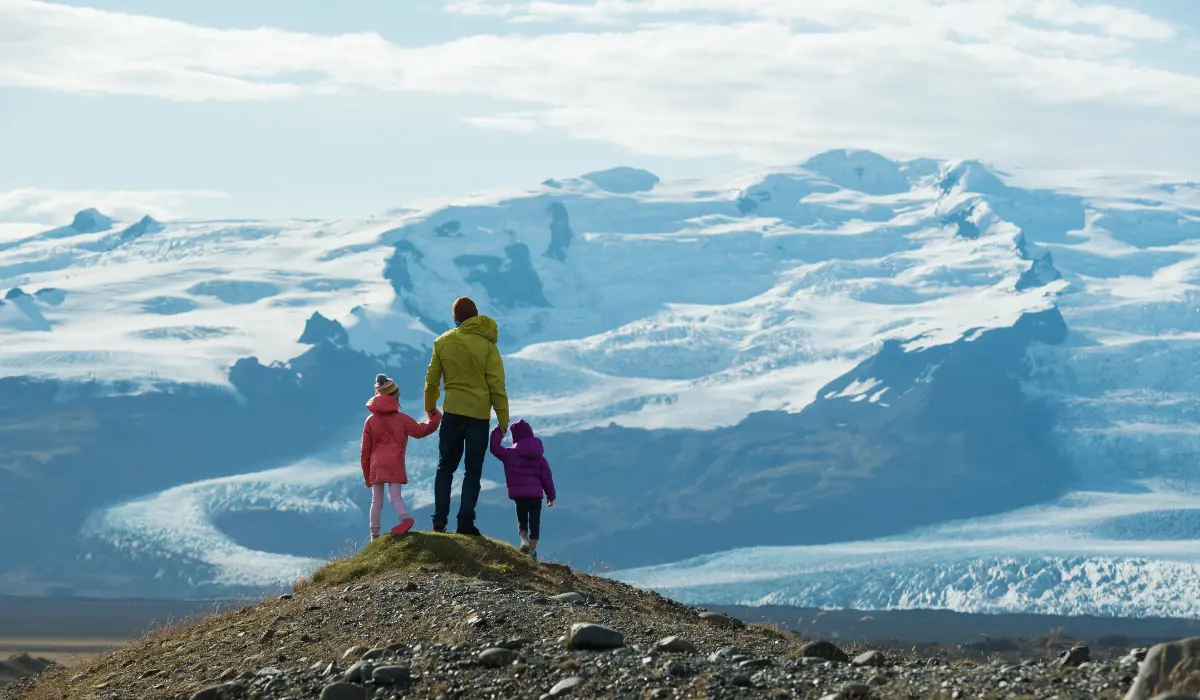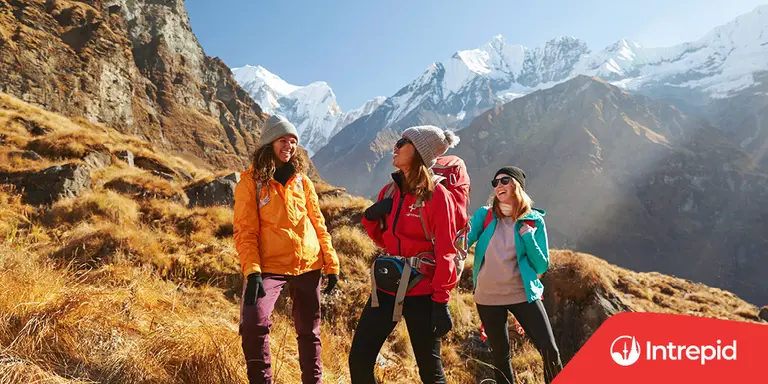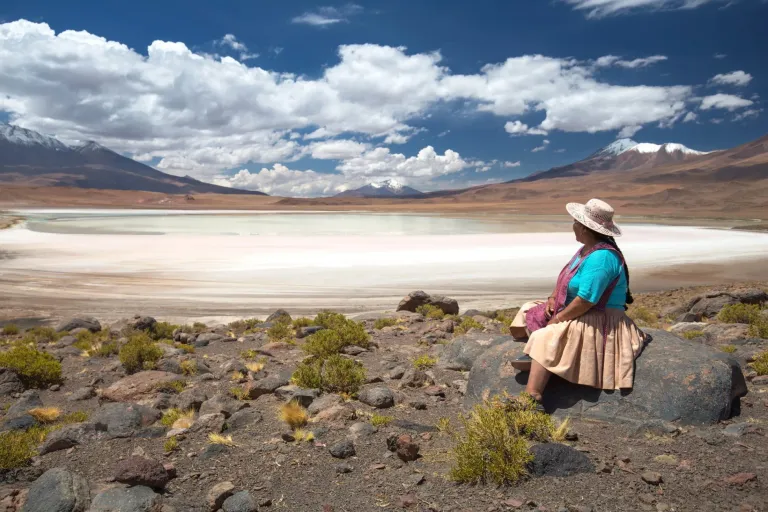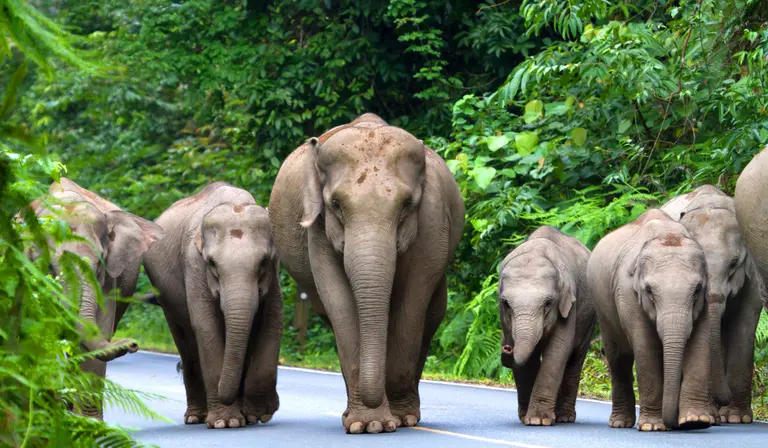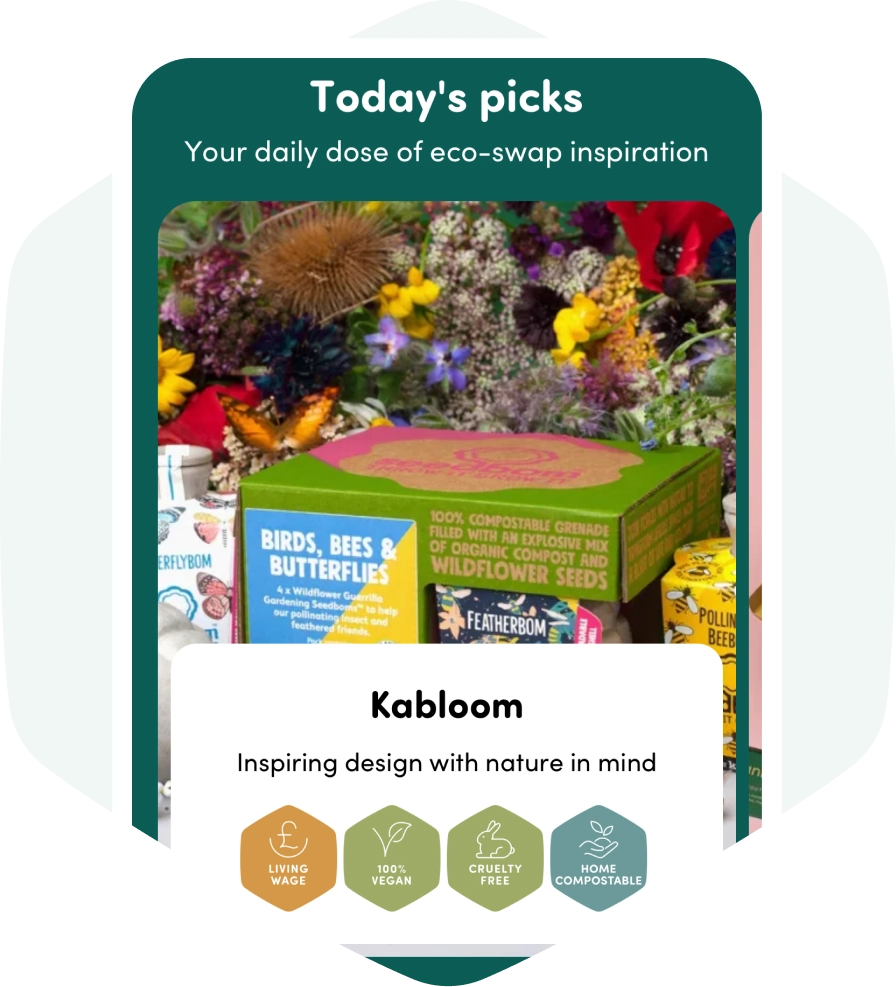Positive ways to explore the world with less impact
The global COVID-19 pandemic took travel off the table for a long time, so it’s no surprise we’re all chomping at the bit to get back out there and explore the reopening world.
However, the pandemic also showed us just how impactful travel and tourism can be. According to the Global Carbon Project, the mass grounding of flights during the peak of pandemic saw CO2 emissions from flying drop by up to 60%. Meanwhile, tourism-dependent economies were among those hardest hit by the pandemic, with more than 100 million tourism-related jobs put at risk – most of which were in micro, small, and medium-sized enterprises in communities where tourism is essential for survival.
It’s clear that the way we travel has a direct effect on people and planet, so as the industry rebounds we have a valuable opportunity to reimagine tourism in a more ethical and sustainable way. Here’s what you can do to be a more conscious and responsible traveller.
1. Book with a sustainably-minded tour operator
Invest your money in a travel company that’s really making a difference. A lot of tour operators offer surface-level sustainability tactics – such as the option to offset flights or choose so-called ‘eco hotels’ – but if you can, go for the ones that are taking steps to make the whole travel industry more ethical. We love Intrepid and Explore for their approach to this.
2. Minimise the flying
It’s no secret that flying is bad news for the environment, so for more sustainable travel, explore destinations that can be reached by train or sea. You’d be surprised how far you can go, with travel hotspots such as Morocco and Greece accessible without flying. If you do have to fly, though, go for direct flights wherever possible to minimise the number of take-offs and landings associated with your journey, as this is when a good chunk of emissions occur.
3. Travel off peak or off-beat
Overtourism – when too many travellers descend on a single destination at the same time – is taking its toll on local infrastructure, ecosystems and communities. So much so that some destinations, such as Barcelona and Amsterdam, have even begun asking people to stay away as their areas can’t cope with the influx.
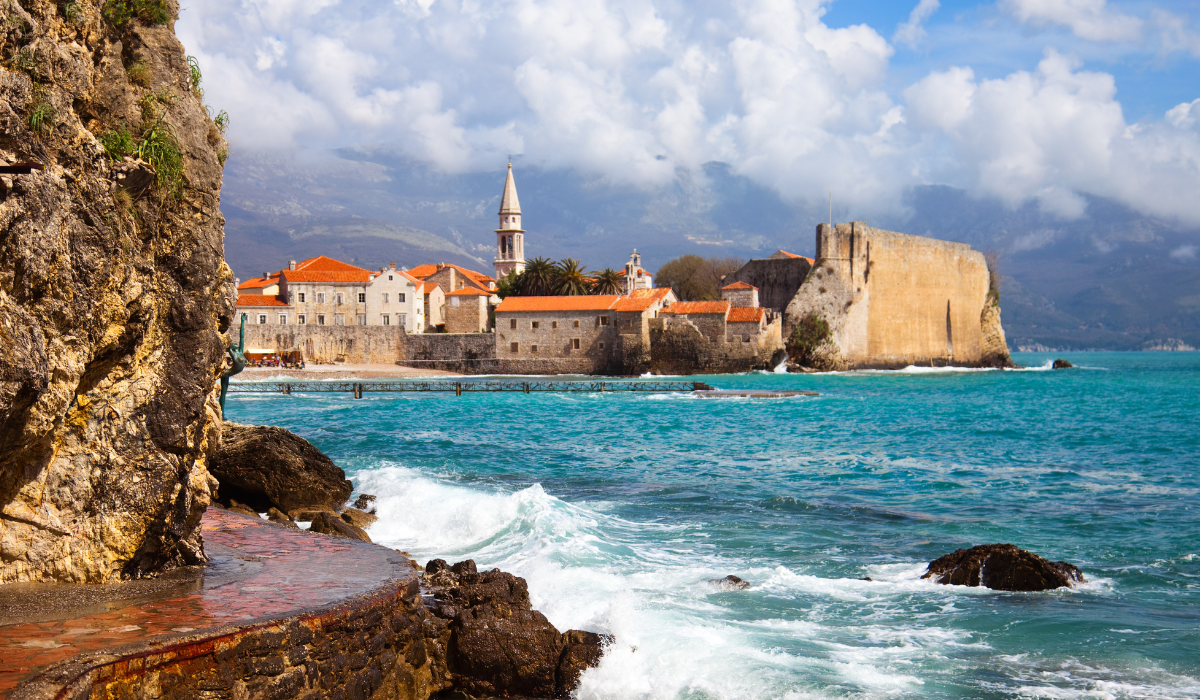
Image: Budva, Montenegro.
Instead, consider undiscovered places that offer the same cultural feel: Budva instead of Dubrovnik, Lombok instead of Bali. But if you are enticed by the big tourist places, travel off-peak. There will be smaller crowds, and the money you spend will help businesses that struggle outside peak-season.

Image: Lombok, an island in West Nusa Tenggara province, Indonesia.
4. Research the local culture
Before you head off, take some time to get to grips with the culture and customs of your destination. Honour local practices, such as covering up in religious spaces, and always ask permission to take photos – in some cultures, taking someone’s photograph is viewed as a spiritual wrongdoing. Be respectful of the person in front of the lens.

5. Learn a few words
Learning a few words and phrases of the local language not only makes it easier to get around, but shows respect towards the culture and its people. Hello, goodbye, please and thank you won’t take long to learn. Getting a translation app set up on your phone before you go will help with anything more ambitious.
6. Respect animals and wildlife
Animal experiences – such as elephant rides, lion walks or photos with exotic species – are often big tourist draws. According to World Animal Protection (WAP), a US-based animal welfare non-profit, some estimate that wildlife tourist attractions account for 20-40% of global tourism. However, many of the animals involved in these experiences are subject to harm, distress and pain, with Oxford University’s Wildlife Conservation Research Unit, estimating that up to 550,000 wild animals are suffering for tourist entertainment worldwide. Read our guide on how to be an animal-friendly tourist to make sure you’re not contributing to the problem.
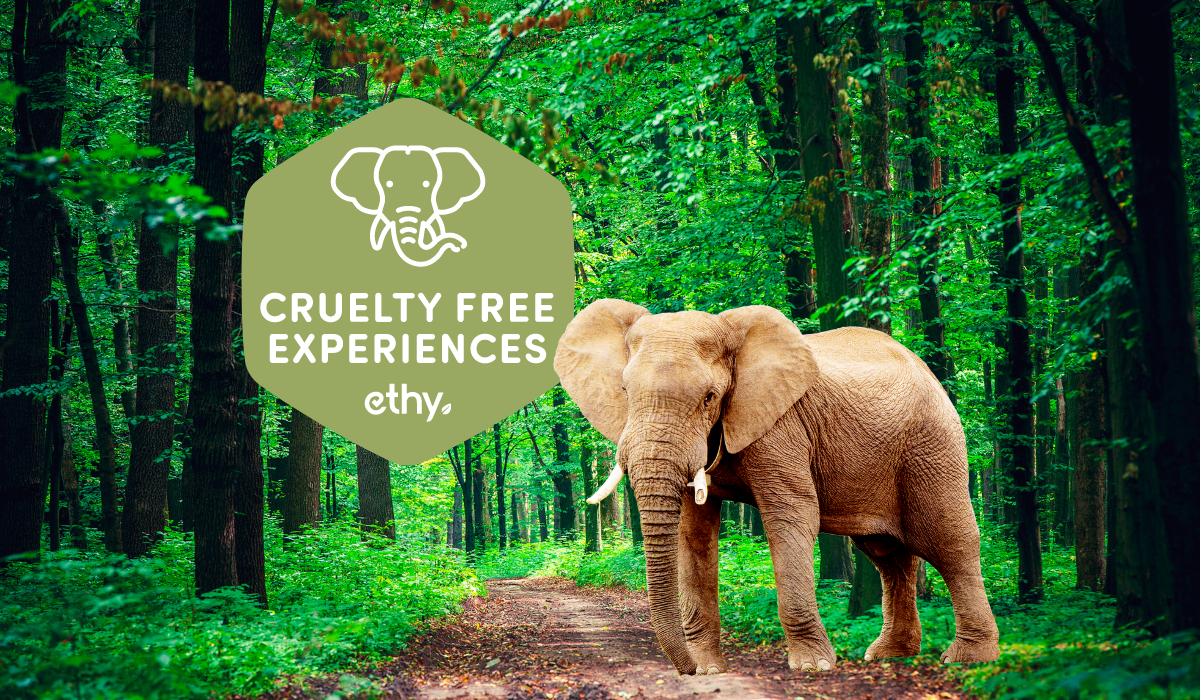
See here what ethy's Cruelty Free Experiences standard for businesses means.
7. Spend local
Make sure the money you spend on your travels is directly supporting communities. Avoid the large shopping centres, chain restaurants and coffee shops that can be found all over the world – they have plenty of investment already – and choose locally-run establishments and services.

Similarly, when it comes to souvenirs, give the mass-produced tat a swerve – these cheap items are often made by exploited workers and imported from other countries. Instead, buy keepsakes from artisan markets and genuine local businesses. You’ll probably pay a little more, but your money is having a direct, positive impact on local makers and their communities.
8. Rethink Airbnb
Airbnb and other vacation rental platforms can be a great way to contribute to the local economy, especially in rural locations and small towns. However, these platforms have also come under fire in recent times for pricing local people out of their own communities in more urban areas. Take some time to research the impact these platforms are having in the area you’re heading to by typing “Airbnb + [city]” into Google. If it’s not looking good, consider alternative accommodation. Your destination’s official tourist information page will usually have lots of recommendations.
9. Don’t forget your good at-home habits!
Travelling is exciting because it’s a total break from the norm, but don’t forget all the good eco-actions you do back home. Turning lights off when you leave a room, switching off the AC or heating when you go out and using your towels for a couple of days (instead of having them replaced daily) will make a positive difference wherever you are in the world.
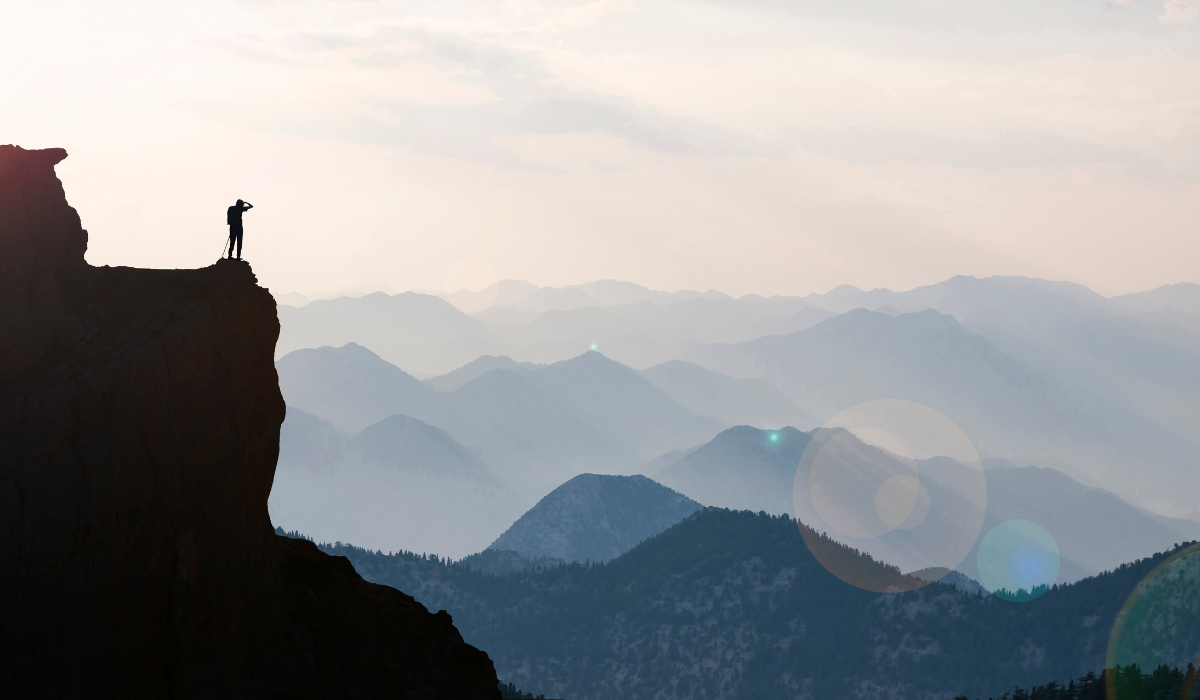
10. Take a reusable water bottle
Exploring the world can be thirsty work, so keep a refillable bottle close to hand to avoid unnecessary plastic waste. We love these options from One Green Bottle, Help Earth Shop and Coffee Kreis.
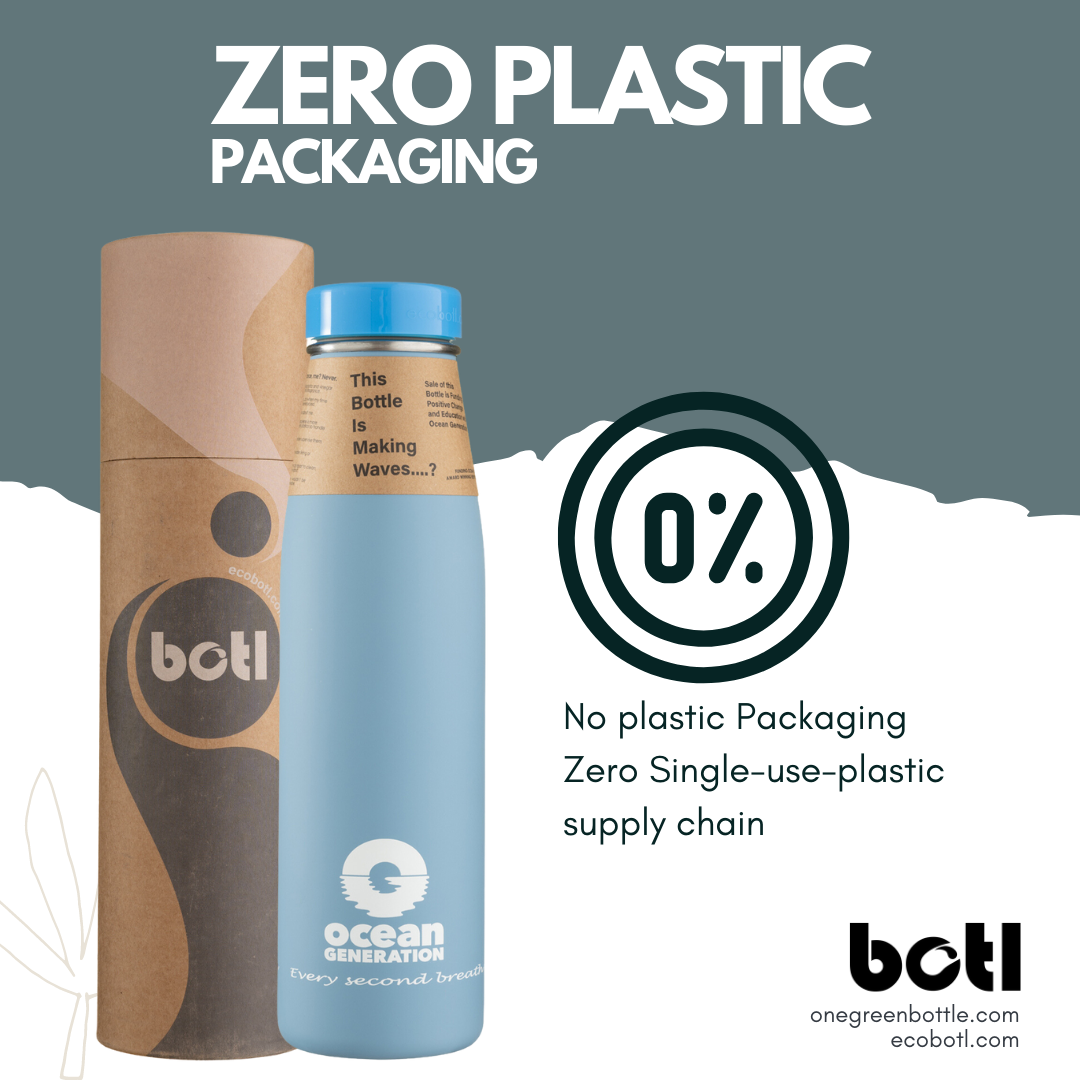
Of course, it’s not always safe to drink tap water in some places, so check out the Refill app which points you to more than 274,000 water refill stations and safe public water fountains around the world.
11. Use public transport
In an unfamiliar city, it can be tempting to rely on ride-hailing apps to get around. In reality, though, most tourist towns and cities have great public transport networks that are easy to get to grips with. Do a bit of research before you travel, or ask at your accommodation for the best way to get from A to B. Using public transit will help you get a much better feel for a place and its culture, too.
12. Switch up your diet
In many parts of the world, meat plays a far less dominant role in meals than it does in western countries, and half the fun of travelling is trying new foods and flavours. So now’s a great time to explore plant-based dishes and local, seasonal fare that you might not usually try. Keep a note of the things you really like for some sustainable dinner time inspiration back home, so you can dip into holiday mode long after you’ve returned.
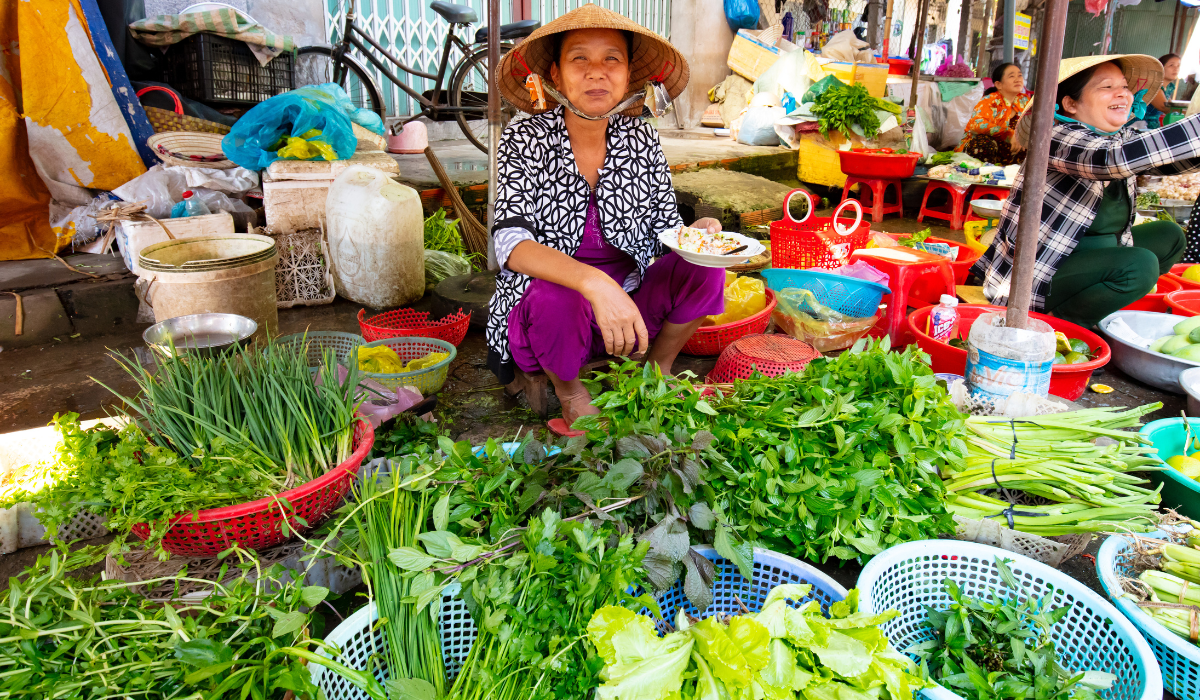
13. Offset
When it comes to reducing the environmental impact of travelling, one of the strongest things you can do is to minimise the volume of emissions you create in the first place, whether that’s by avoiding flying, taking public transport wherever possible, or eating local produce. Some emissions are unavoidable, though. Carbon offset schemes help to address these inescapable emissions by investing in climate initiatives such as renewable energy or reforestation programmes. There are lots of offset schemes on the market, so be sure to choose one that is certified by reputable accreditation bodies such as The Gold Standard or Verra.
14. Take your time!
Finally, remember to take your time and enjoy yourself. Travel is a privilege that should be savoured, so slow down to really appreciate the new sights, sounds and culture around you. Being mindful of your place in this new environment helps you better understand the impacts your actions have, but also makes sure you go home with lots of meaningful memories.
You may also like...
Sign up for our newsletter
Get the latest sustainability news delivered directly to your inbox.
